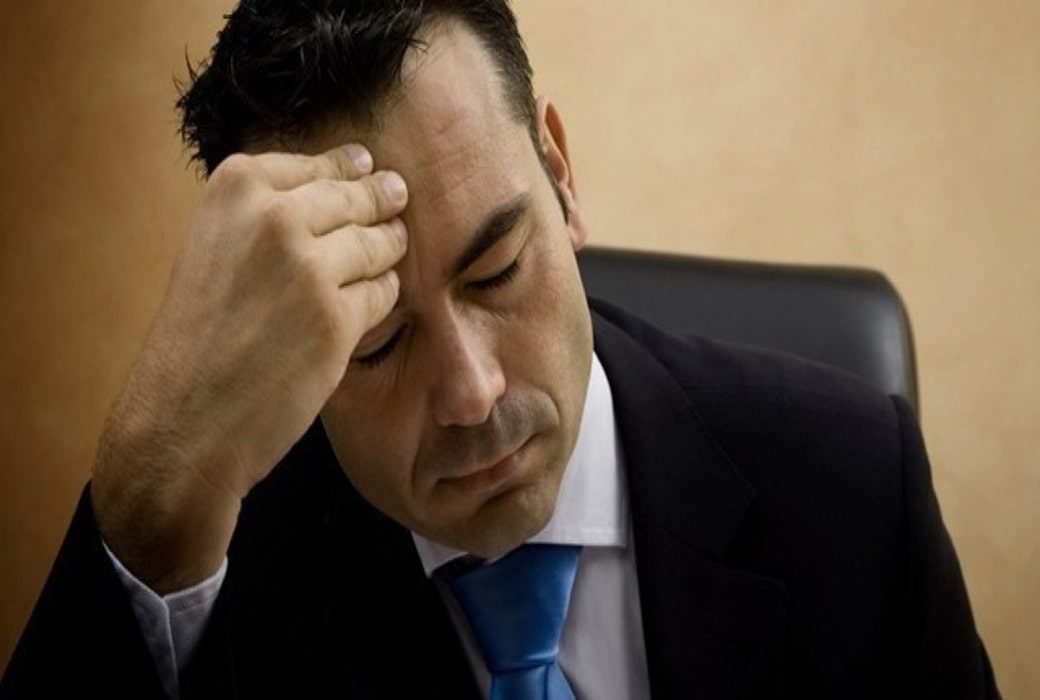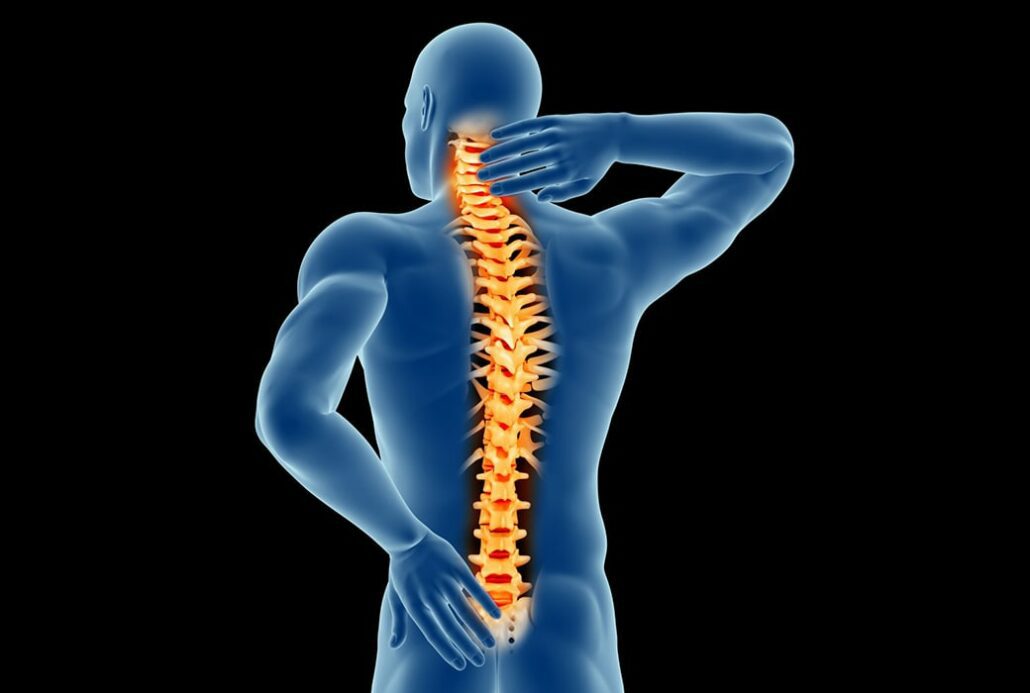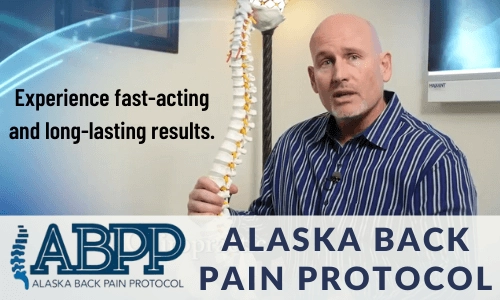After our twins, Claire and Colton, were born our lives became considerably more hectic than it was when our daughter, Naomi, was an infant. The twins had such irregular schedules as infants that my wife started suffering from severe tension headaches. I did what I could to help her with caring for our daughter and with the babies, but she still suffered from the headaches. The pain was so relentless, at times, that she would just want to stay in bed. Sometimes, she felt as if it was just too painful to hold her head up. As our twins developed a more routine schedule and my wife was able to get more a more restful sleep, the headaches subsided until they eventually went away.
When your head feels like its being squeezed in a vise, with pain radiating from the neck, the back of your head or your eyes, you may have what is referred to as a tension-type headache. Tension headaches are the most common type of headache, accounting for approximately 90% of all occurrences. Experts estimate that between 30% and 80% of the US adult population suffers from the occasional tension headache. It is also possible to have chronic tension headaches, but this is experienced by only about 3% of the population.
Unlike migraines, tension headaches do not run in families. There is no single cause of tension headaches. Most are due to emotional or physical stress of some kind. Among some of these causes are:
- Insufficient or poor quality sleep
- Losing a job or beginning a new job
- Having recently had a baby
- Relationship problems with your partner
- Sports competitions
- Studying for school exams
- Being involved in too many activities
- Being overweight
Anxiety, fatigue, hunger and poor posture can also significantly contribute to the likelihood of a tension headache caused by tight muscles in the neck and scalp. Another possible source of some tension headaches may be the frequent or constant clenching of the teeth, which can cause chronic contraction of the muscles in the temples (which is why massaging this area sometimes brings some relief).
Those who suffer from chronic tension headaches tend to be people who suffer from stress on a daily basis. Women are the most common sufferers of these chronic headaches, which can vary in intensity throughout the day, but which always produce some level of pain. Chronic tension headaches are classified as those lasting for 15 days or more. Most commonly, chronic tension headaches last for 60 to 90 days.
Analgesics such as ibuprofen, acetaminophen and aspirin are often used to treat the occasional tension headache. However, taking these on a long-term basis can cause what are referred to as medication overuse headaches (or rebound headaches), which are the third most common form of headache.
Stress reduction techniques can help prevent tension headaches. Making lifestyle changes such as getting more sleep, eating healthy food and getting regular exercise can help too. The way we deal with these root-cause situations (potentially including avoiding them in the first place or managing them in a different way) is often the key to making them less frequent or less severe. That said, it’s important to understand that this type of headache is often the result of specific situations in our lives and the way our bodies react to them. This was the case with my wife. As soon as our lives settled into a more normal routine, the headaches disappeared. That’s not to say she still doesn’t have an occasional headache. She does and she claims I’m usually the cause!
Schedule an Appointment and Receive
FREE One-Hour Massage Certificate
That’s right! Receive a certificate for a free one-hour massage with our highly-trained and licensed massage therapists for use after your first appointment. Use it yourself, or give it to a friend.







